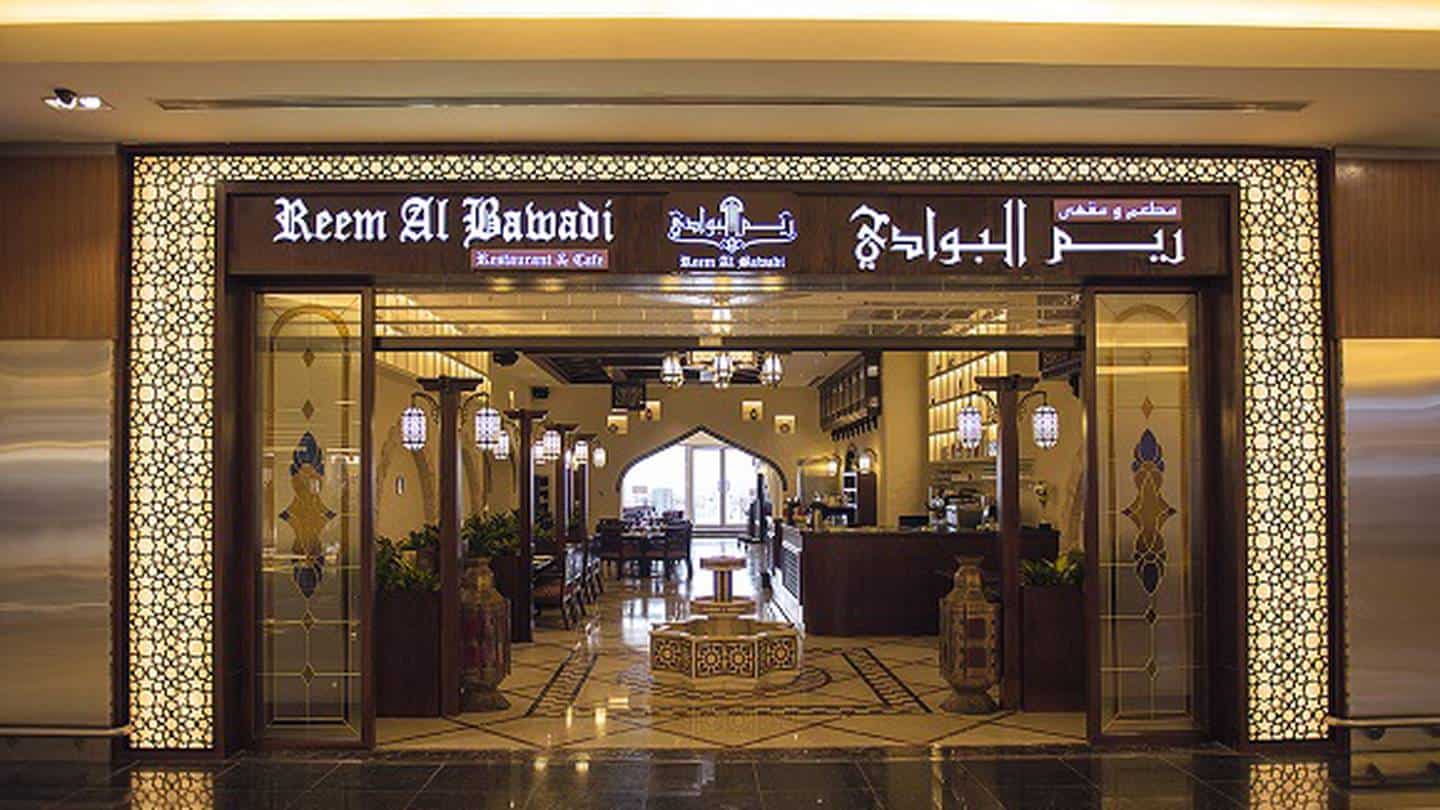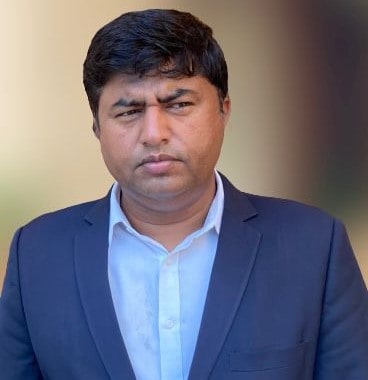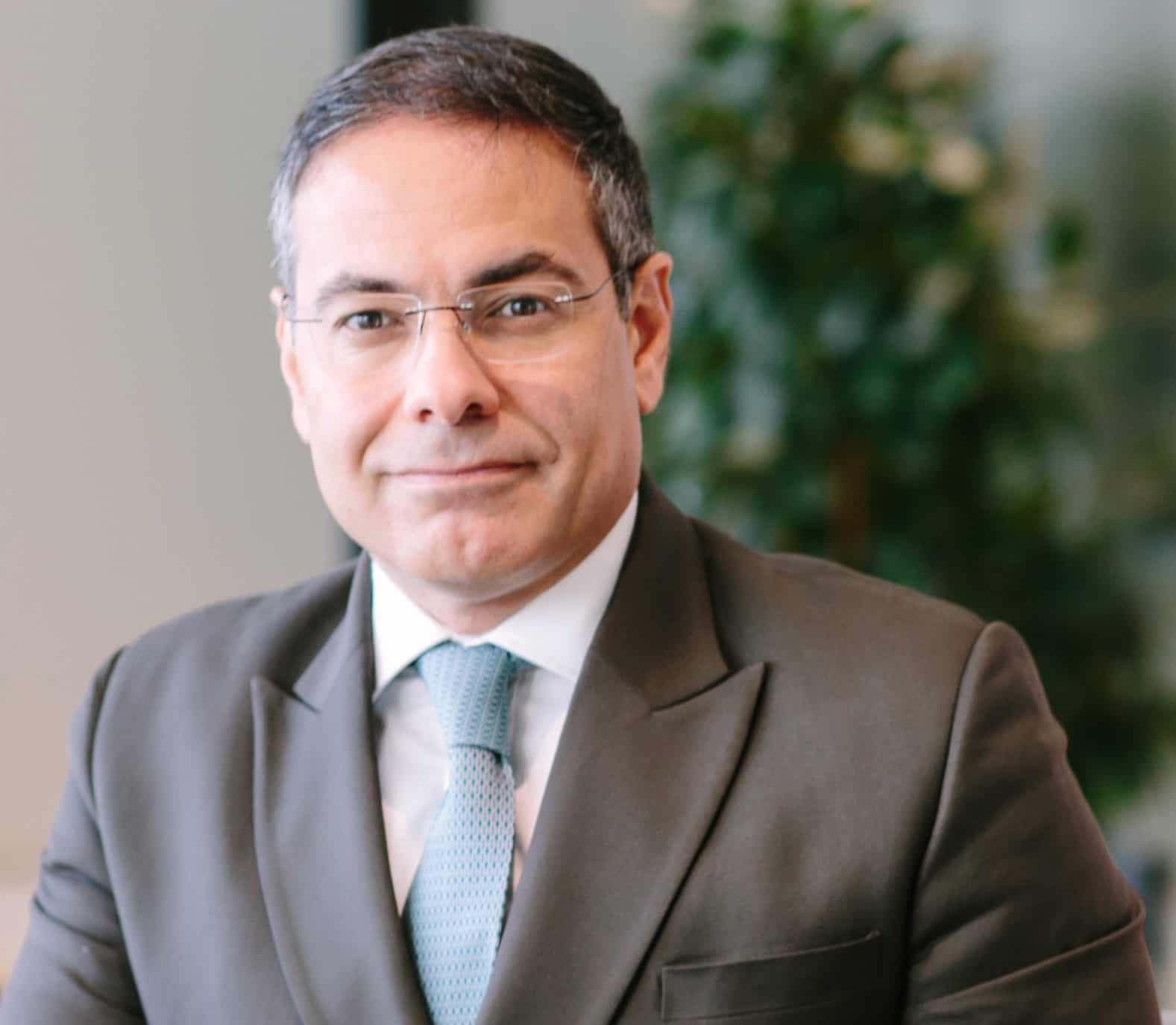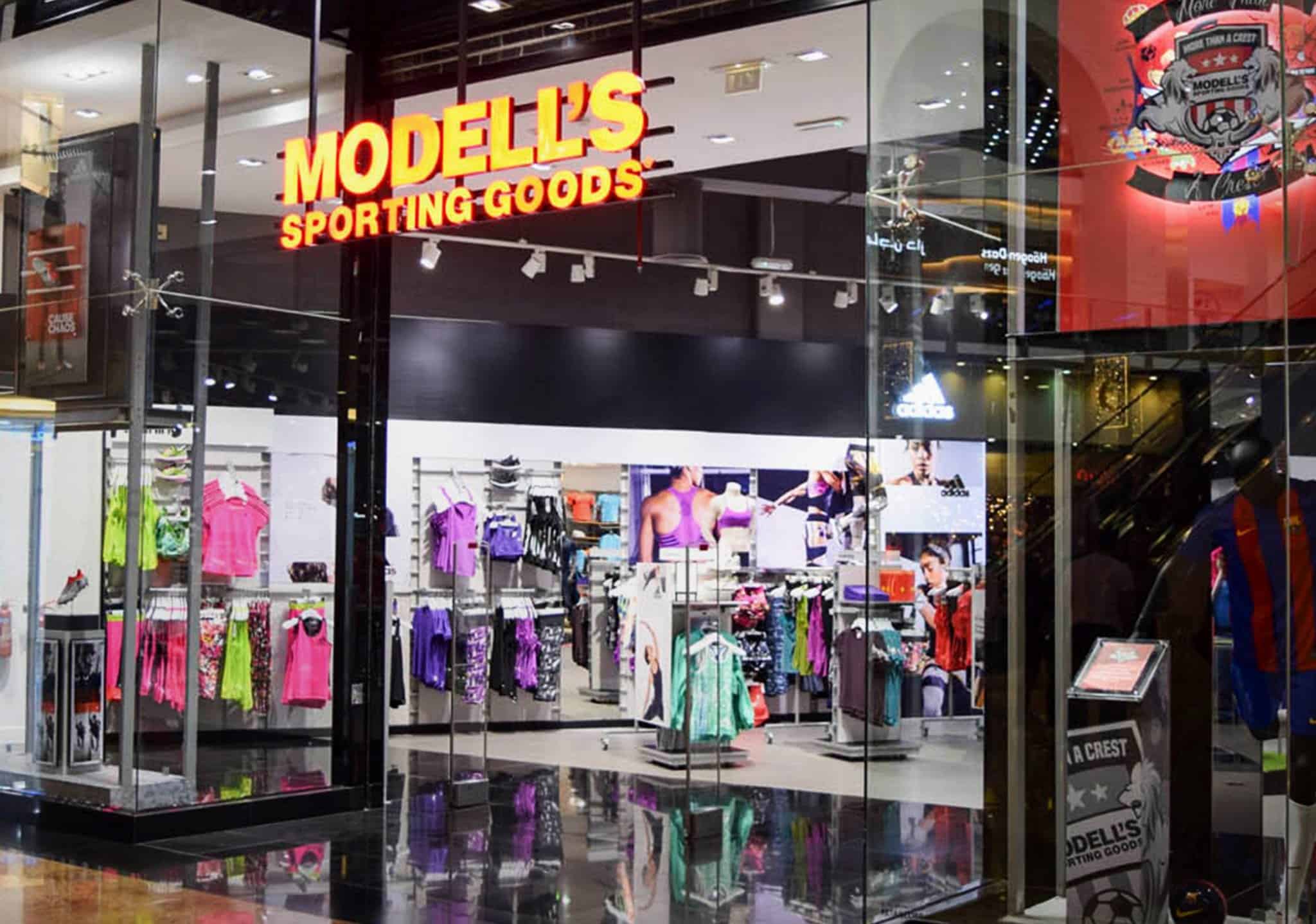The recent decision of the Dubai Court of First Instance in the matter of the Bankruptcy of Marka Holdings PJSC is a big lesson for investors or other business people who want to start a business in the UAE. The funds of shareholders and creditors should be judiciously used. Otherwise, the law of the land will catch you.
In October 2021, the UAE retail and leisure company Marka was declared bankrupt by a local court, and all of its assets were brought into liquidation. The court order applies to all the Marka subsidiaries as well.
The managers and directors were found liable to personally pay the amount of AED 448 million, representing the entirety of the company’s debt.
An industry specialist said that Marka bought its preferred assets at higher than the market prices. He added that the company borrowed millions of dirhams for its acquisition spree in 2015.
Speaking to TRENDS, legal consultants and industry experts believe that there were numerous reasons behind the failure of Marka, such as massive mismanagement and lack of transparency & corporate governance. In addition, the company’s top management failed to anticipate the business trends and adjust their plans to the weak macroeconomic scenario, they added.
On condition of anonymity, an industry specialist said that Marka bought its preferred assets at higher than the market prices. He added that the company borrowed millions of dirhams for its acquisition spree in 2015. Marka spent AED 220 million to acquire Retailcorp, which had 15 branches of Modell’s Sporting Goods and some standalone Nike stores at that time.

It was another high-priced deal when Marka acquired Arabic restaurant chain Reem Al Bawadi with 11 restaurants in the UAE for AED 315 million. In the same year, Morelli’s Gelato Middle East franchise was bought for AED 31 million.

Almost seven years ago, in January 2015, the first CEO of Marka Nick Peel told this scribe that Marka would be profitable in the fourth quarter of 2015, but instead, the company filed for bankruptcy in May 2019. Peel resigned in December 2016.
The newest amendments to the Bankruptcy Law (Federal Decree Law No. 9 of 2016, as amended) introduced under Federal Decree Law No. 35 of 2021 Article 144 of the law clarifying the scope of the personal liability of directors and managers of companies in bankruptcy, “If court finds that manager or directors of the company have committed financial wrongdoing and company’s assets are insufficient to settle at least twenty percent (20%) of its debts, the Court may order all or any of the members of the board of directors or the managers, to pay all or any of the company’s debts, where their respective liability for the losses of the company.”

Imran Khan, a legal consultant at the UAE-based Bin Eid Advocates, explained, “Under Article 201 directors and/or managers of a bankrupt company may be punished by imprisonment for a period not exceeding two years and/or a fine not exceeding AED100,000 if prove an intention to deliberately fault of mishandling.”
Khan added: “This case judgment is a warning for the managers and directors’ personal liability and even, in this particular case ex-directors are also liable for financial misconduct and order to pay the amount.”
Talking about the critical takeaway from the landmark Marka court order, Jimmy Haoula, managing partner at BSA Ahmad Bin Hezeem & Associates LLP, said that investors looking to expand into the UAE, like any market, must duly complete their due diligence. BSA is a law firm based in the Dubai International Financial Centre.
Haoula added: “Investors should carefully consider the business model they wish to pursue, and must be fully aware of any associated benefits and risks in regard to the selected model.”

Responding to a question about the failure of Marka, he said, “It was clear from the findings and the due process of the Courts, that at the outset of the company launch there was a lack of corporate governance, severe mismanagement and a lack of transparency, which all lead to the failure of Marka Holdings PJSC well before its bankruptcy date.”
It’s also believed that the company’s fall coincided with a weakening macro-economic profile of the entire GCC region. From its May 2014 highs, crude oil in international markets declined by almost 77 per cent to its lows in February 2016. This impacted the companies across GCC as governments cut down on spending, and the real estate sector was thrown into a tumult.
Yogesh Khairajani – Global Market Strategist at Century Financial, commented: “We cannot blame the failure of Marka on weak macros alone. The company’s management failed to anticipate the business trends or adjust their plans to the weak macroeconomic scenario.”

In 2016, the company stated that it had aggressive expansion plans, and they were planning to double the retail space in the next 12 months. “This was not in tune with ground realities as during the first three months of 2016, it had already posted a loss, and financials were deteriorating,” Khairajani explained.
“Moreover, the company was moving into many unrelated segments. On the one hand, it opened restaurants, then some fashion/beauty outlets or some sweet/ice cream shops. Additionally, it had expansion plans for Qatar and Saudi Arabia. As a result, the company could not ensure economies of scale in any of its business lines or even geographically. If the company was a pure-play on any of its business segments, the chances of survival were much better,” he added.
Talking about the lessons learned from Marka’s failure, he mentioned that this is a lesson for investors as well as business people who want to start a business in the UAE. “The funds of shareholders and creditors should be judiciously used. Otherwise, the law of the land will catch up with you,” he added.
“The fact that its assets were not even sufficient to pay 20 per cent of its debts is quite glaring. This point indicates that its directors and senior management grossly mismanaged the company. The bankruptcy court didn’t use the word ‘Fraud,’ but its observations are scathing. The decision to hold the directors and managers personally liable to pay the company’s outstanding liabilities in an amount exceeding AED448 million says something.”
Marka Timeline
- Marka, created by prominent businessmen in the UAE, was established in 2014. The company raised AED 225 million from more than 150 founding shareholders.
- At the time of its IPO (initial public offering) launch, it did not have any operations.
- It was the first IPO in the retail sector on the Dubai Financial Market – most of the retail companies in the UAE are family-owned businesses.
- The company got regulatory approval to list in Dubai as a ‘greenfield’ company, which means it did not have to file financial records for past years.
- Marka offered 55 per cent of its capital, or 275 million shares, at AED 1 a piece in a 12-day sale, which began on April 13 and closed on April 24, 2014.
- The Marka IPO oversubscribed by more than 36 times as it raised AED 10 billion instead of the AED 275 million target.
- The company said the capital raised through the IPO would be used to open more than 100 fashion stores, restaurants, and cafes across the Gulf region over the next five years. In addition, it created alliances with major sporting brands, including premier football clubs of the world.
- The company suffered consecutive quarterly losses since its IPO.
- In the middle of 2017, Marka was operating around 50 hospitality, fashion & beauty, and sports outlets across the region.
- Securities and Commodities Authority suspended trading in Marka shares in May 2018.
- In May 2019, around 90 per cent of the shareholders voted to file for bankruptcy.
- In October 2021, Marka was declared bankrupt by the Dubai Court of First Instance, and all of its assets were brought into liquidation.








